The holiday season is a unique time of the year when people collectively take heed of the things they find most important and do their best to show appreciation. Whether that be through gifts or togetherness, it’s all about caring for one another, even when it seems most unexpected. It’s also a point in time when film and television shift gears from a wider range of content and embrace the holiday spectacle with various movies and shows that have been released throughout the decades.
As a result of the constant flow of content, dozens of Christmas classics have been released and cover every medium from song to screen. But one particular song even got its own Christmas special titled Rudolph the Red-Nosed Reindeer. While the TV special became iconic thanks to its stop-motion animation in 1964, it had received criticism from news outlets and parents for a very specific reason in 2018: bullying.
How Does Rudolph the Red-Nosed Reindeer Handle Bullying?

Rudolph the Red-Nosed Reindeer’s Christmas special followed the base story established in the song, where Rudolph was made an outcast because of his shining red nose. But the special took things one step further and had the young reindeer go on an adventure to learn that his differences actually made him special, and he shouldn’t be ashamed of it. Ultimately, he realized this, even more, when Santa needed his particular nose to see through the fog on Christmas Eve. But unlike the song, the special went into detail regarding the bullying Rudolph had faced.
Rudolph faced various forms of bullying that were both intentional and unintentional. A great example of this was the kids who made fun of him simply for being different. Meanwhile, Rudolph’s father, Donner, tried to cover Rudolph’s nose, saying that his self-respect was more important than his comfort. Even Santa singled out Rudolph for his nose, and Rudolph’s teacher encouraged the kids to treat him like an outcast. Essentially, the special took things much further than the song’s line, “all of the other reindeer used to laugh and call him names.”
Is Rudolph the Red-Nosed Reindeer’s Criticism Justified?

Following the spotlight on the special’s depiction of bullying, it quickly divided the comments related to the post, with many feeling that the story wasn’t inherently wrong in how it handled bullying. However, the other side quickly wanted the special banned for how it handled its story. As time passed, however, polls showed that the majority of viewers felt the film had done nothing wrong in the first place. Ultimately it’s hard to judge a matter of opinion, but there is evidence to support both sides.
In the argument for banning the special, it’s unmistakable to see that Rudolph’s support system was anything but supportive, and seemed to only desire his ability when it was deemed useful. This could be said especially for Santa, who specifically singled him out both positively and negatively regarding his nose. That said, it could be argued that the bullying seemed harsh because children are mean, and both Rudolph’s father and teacher came from an era where different meant bad. Ironically, many real families have encountered the same conflicts for going against what’s deemed normal for a family.
In the end, Rudolph the Red-Nosed Reindeer is easily one of the more dated specials to watch during Christmas. Its flaws may be glaring, but even the film’s most important lesson actively challenges the bullying shown. For Rudolph, he learned a valuable lesson about self-love and confidence and that his differences make him unique rather than an outcast. In doing so, it also taught its viewers that everyone might not love their red nose, but it’s still important. As a result, Rudolph the Red-Nosed Reindeer may be justified in some of its controversies, but it does what it can to right the wrongs it introduced.
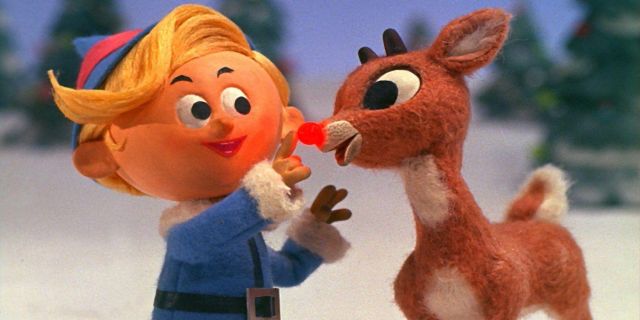



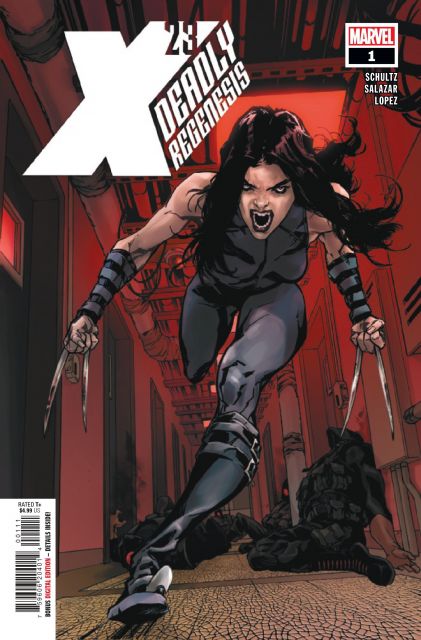
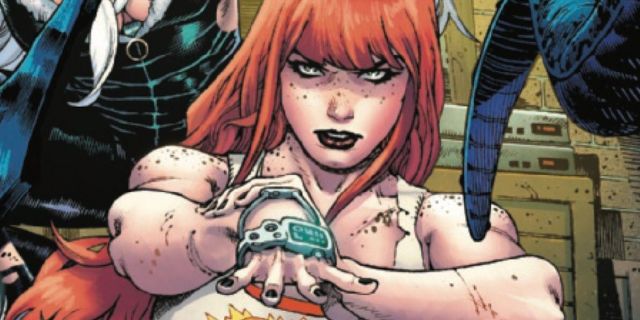
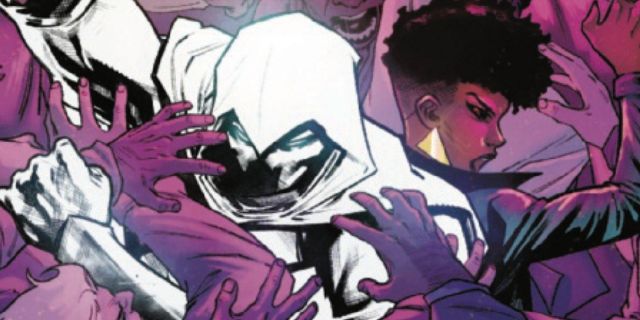
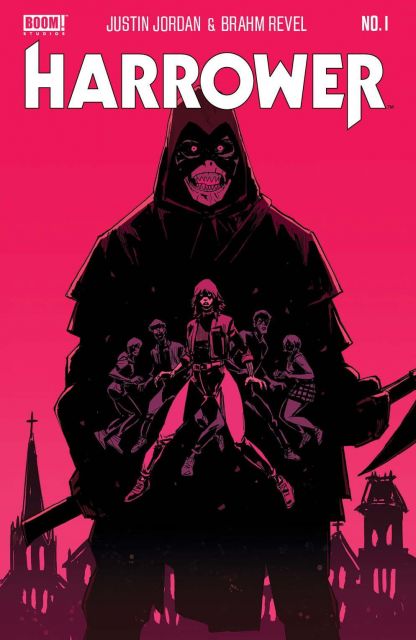
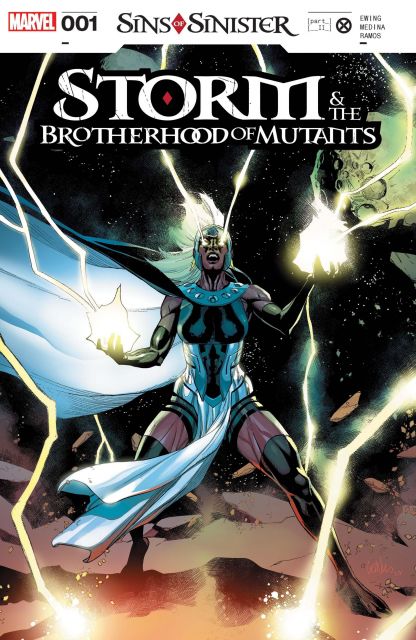
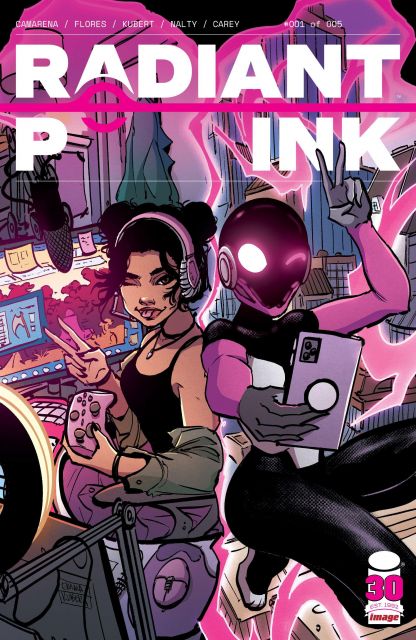





Leave a Reply